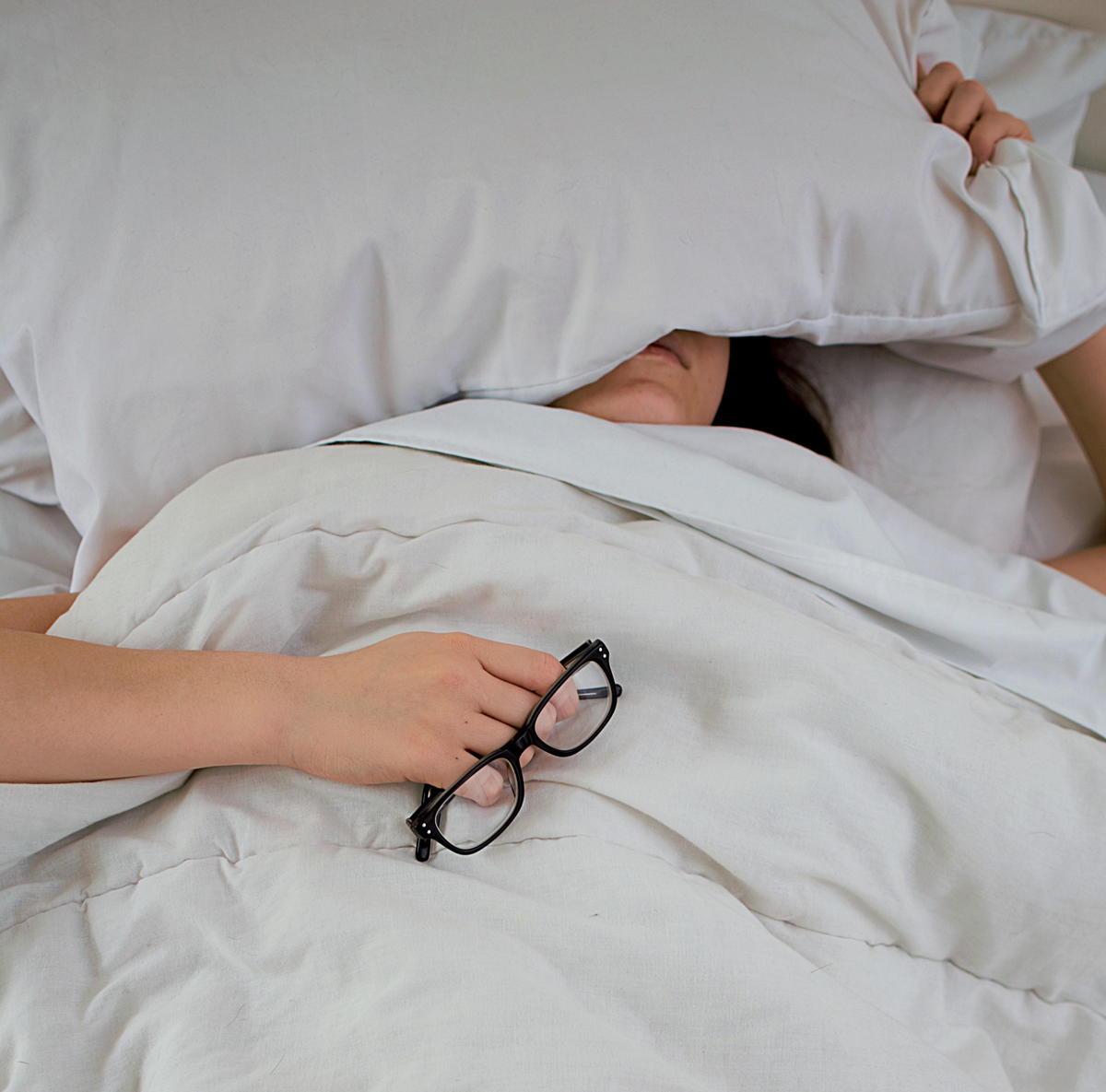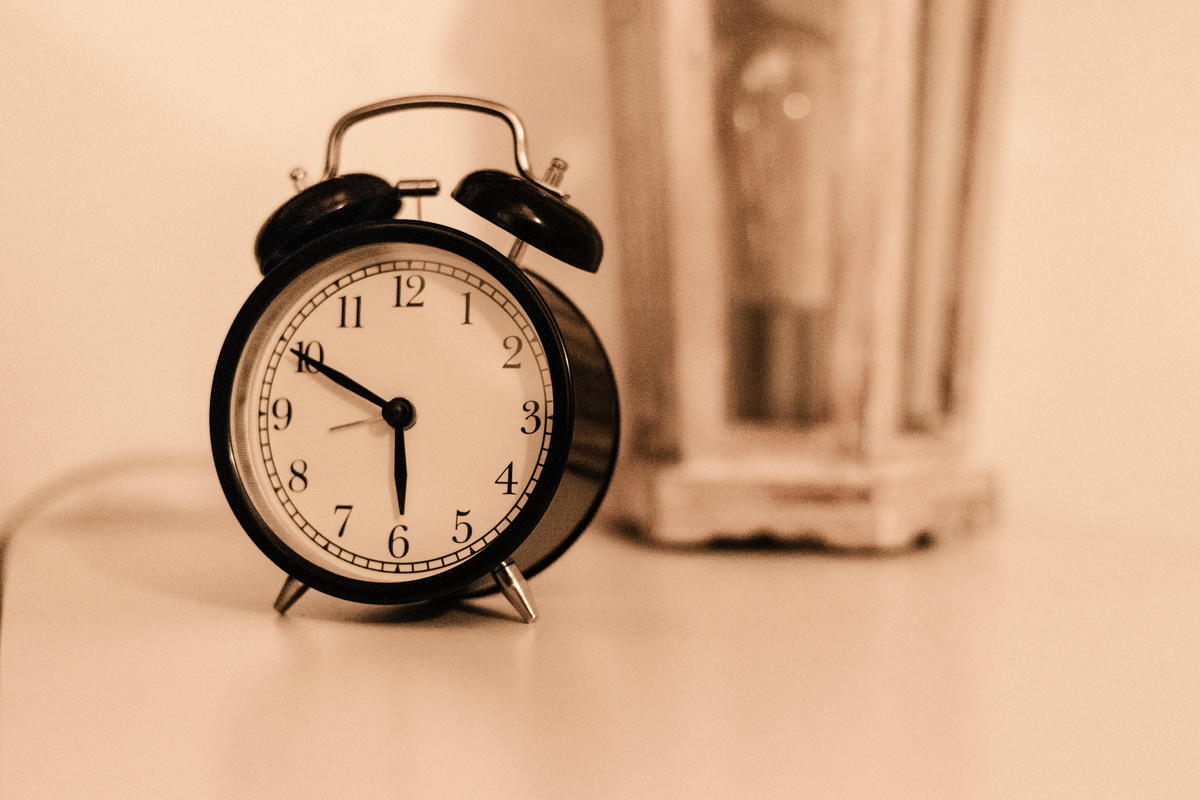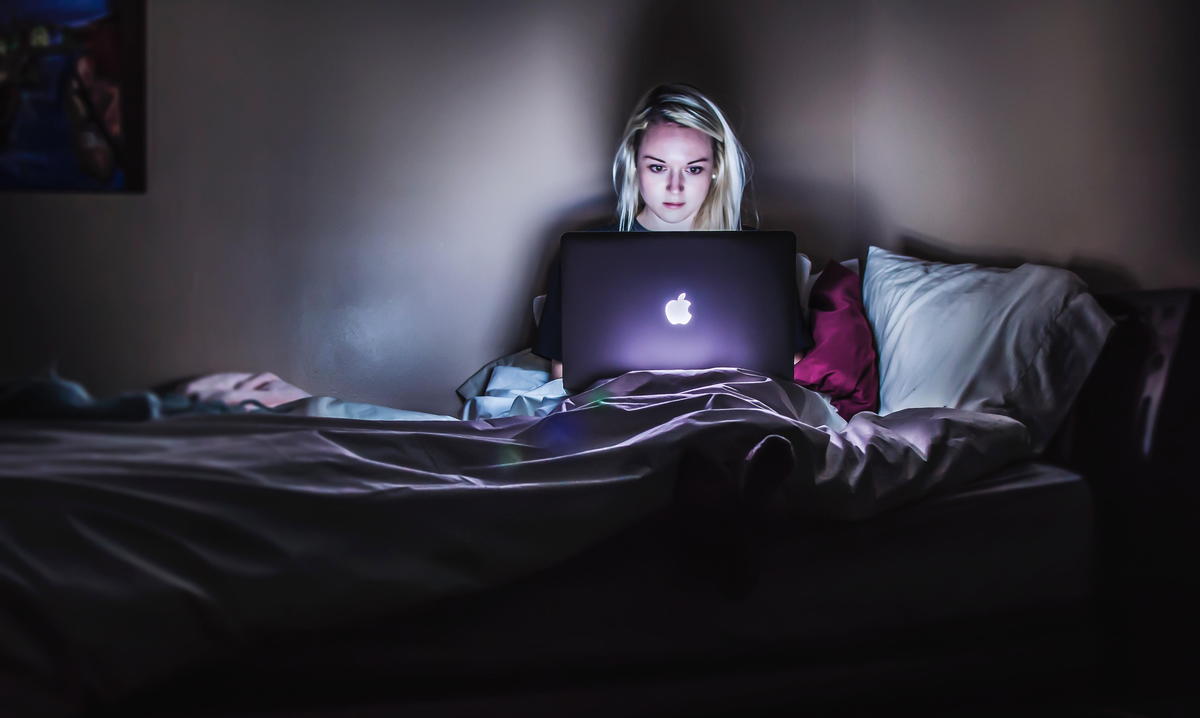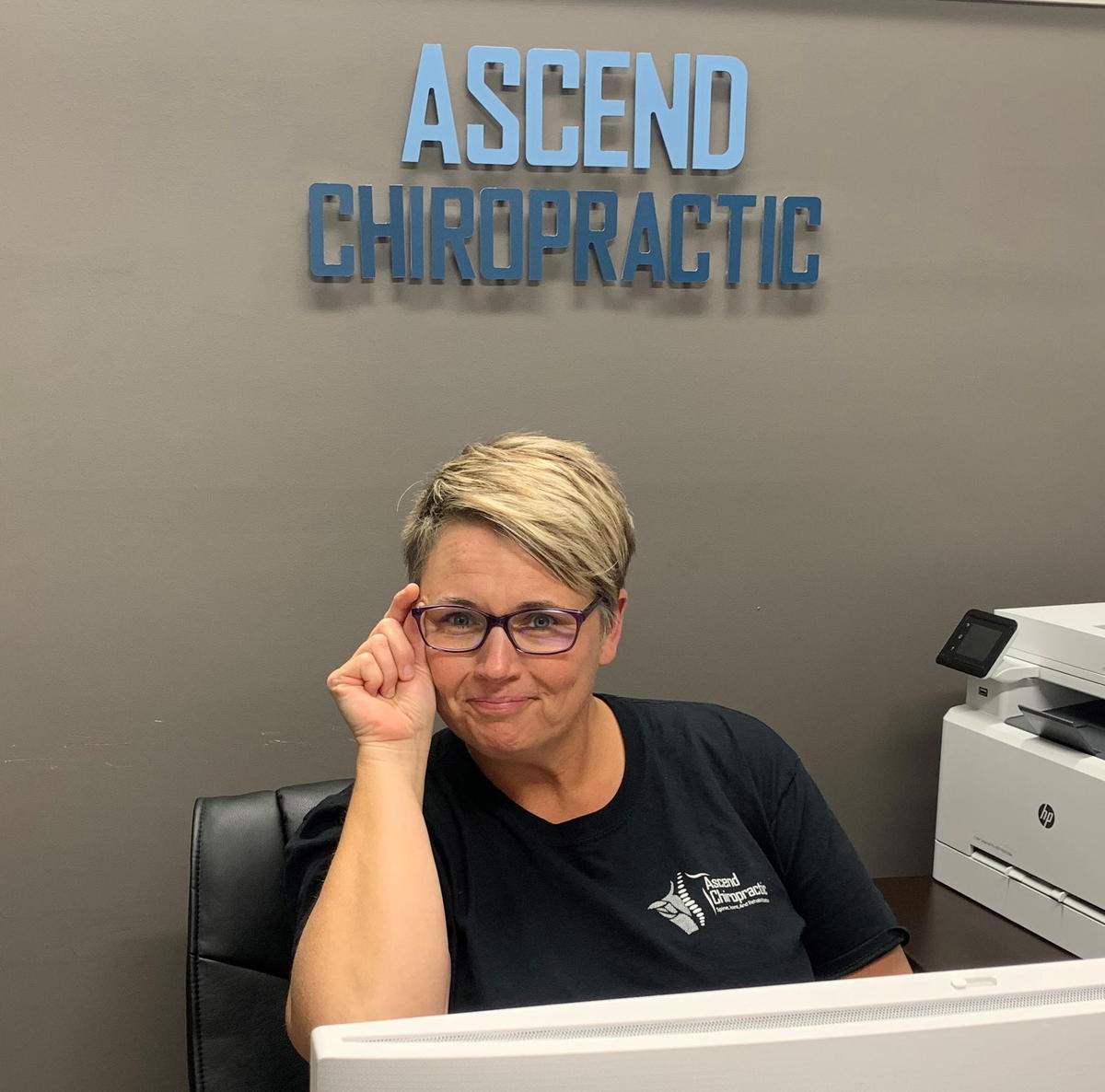
- Oxygen
- Water
- Food
- Sleep
These are the four requirements for life. If we asked you what the requirements were, would you remember to include sleep? Sleep is SO important because it heavily influences our performance at work, our risk for chronic disease, and our overall quality of life.
Why is sleep this helpful?
The interesting part is: sleep researchers aren’t too sure on the exact reason why humans even need to sleep. From an evolutionary perspective sleep could have even been dangerous as it left early humans vulnerable to attack - so it must offer some great advantage.
Generally speaking, sleep is thought to allow our brains and our bodies to heal and repair from the damage of the day; synaptic plasticity is managed (think things like short term memory getting changed into long term memory), brain pathways that are not being used are pruned, muscles are repaired, and energy stores are replenished. There is also evidence that the fluid our brain floats in seems to pulse around and literally “brain wash” you in your sleep – the good kind!
America is Tired

Short sleep duration (defined as less than 7 hours of sleep per night) is common. How many nights this week did you get more than 7? In the United States between 1-2 out of every 4 of people report it. If you are obese, a smoker, consume excessive alcohol, or are physically inactive you are even more likely to report short sleep duration 1
Sleep is an active process. In other words, you don’t fall asleep simply because your brain is tired. Sleep is actively maintained throughout the night. Disruption of this careful balance between arousal and sleep results in, what else, disrupted sleep. Things such as caffeine and alcohol intake have been shown to affect this balance and disrupt this process. Even if you “slept,” all night, if you are still feeling tired in the morning, this could be affecting you!
Circadian Rhythm is Important

Humans have a 24-hour circadian rhythm. This rhythm is endogenous meaning it exists inside of us. Human beings placed in environments with no light, no time cues, no social cues, etc., will still display a 24-hour internal clock. However, external things can change this rhythm to the environment. For example, sunlight, in humans, is a powerful cue to have the waking phase of our 24-hour cycle during the day. We have even started using an alarm clock that slowly lights up before it rings to stimulate a sunrise! This makes waking up a little more easily.
Light cues are extremely powerful to influencing this 24-hour internal body clock. How exactly does light affect us this much? Long story short, there is a pathway in the brain that goes directly from the retina of the eye to the internal pacemaker in humans. (The long story involves the suprachiasmatic nucleus in the hypothalamus connecting to the retina via the retinohypothalamic tract). 2 This direct and powerful connection shows just how important light is for controlling circadian rhythm.
The Adverse Effects of Blue Light

A recent study of about 1,500 Americans found that 90% of adults use an electronic device within 1 hour of bedtime at least a few times per week. Devices may be an important contributor to insomnia because of the short-wavelength-enriched light that is emitted from them. Exposure to light in the evening and the early part of the night, even at low intensity, has several sleep-disturbing effects. This “blue light” suppresses melatonin, which is a communicator to begin the onset of sleep. It also shifts the circadian 24-hour clock to a later time, making it harder to fall asleep by a decent time. If that wasn’t bad enough, it also increases alertness and arousal. 3
Another study split a group of adults in half: half read a light-emitting eBook before bed, and the other half read from a print book for 5 consecutive evenings. The results were definitely a “wow”!3
Those exposed to the blue light experienced:
- decreased morning alertness the following day
- decreased sleepiness after laying down for bed
- decreased deep sleep brain wave activity
- increased sleep latency (time to fall asleep)
Why does blue light have this effect? Human eyes have rods, cones, and other cells in the retina that are sensitive to light. Rods and cones are mostly responsible for image-forming vision. The other light-sensitive retinal cells are the ones responsible for regulating that circadian rhythm (24-hour body clock). They start the beginning of the pathway that transmits light data from the eye to the brain. They respond powerfully to short-wavelength light like the blue-colored light emitted from most devices and LED televisions. This blue light will cause a high rate of fire from the eyes to the hypothalamus in the brain, which is what changes hormonal and circadian rhythms. 4 Blue light also has the ability to stimulate other areas of the brain which are responsible for producing norepinephrine, a neurotransmitter that acts like a stimulant. 5
So, what's the quick fix?
Now that we have the knowledge that the blue light emitted from almost all devices and LED TVs is disruptive to the pathways for sleep, it’s important to take steps to remedy this if you’re having trouble sleeping. If you are struggling, first and foremost, do not use your device in bed. At all. In fact, you should avoid using it at least an hour before you plan to go to bed. If your symptoms are severe, avoid TV for at least an hour before you plan to sleep as well.
When you are using a screen (computer, phone, TV), it would be very beneficial to use blue-light blocking glasses, especially before bed while your circadian rhythm is preparing for sleep.

What about night-shift mode? This mode shifts the hue of the screen to a warmer, redder tone. This has been studied to see if it offset the negative effects of the light from a device. Unfortunately, it did not. Melatonin levels were still reduced when using night shift mode. 6 In the end, if you suffer from insomnia, reducing your device exposure is likely to have a measurable effect on your sleep. Our devices have become extensions of our lives so it may be difficult to completely eliminate exposure, however, your brain (and your boss) will thank you for the better sleep.
If you have pain that keeps you from sleeping comfortably, give Ascend Chiropractic a call! What would you accomplish if you felt well-rested from your sleep?
Dr. Olivia Johnson and Dr. Brian Bayer are chiropractors in Lincoln, NE, located in the Highlands!
402-480-6680





